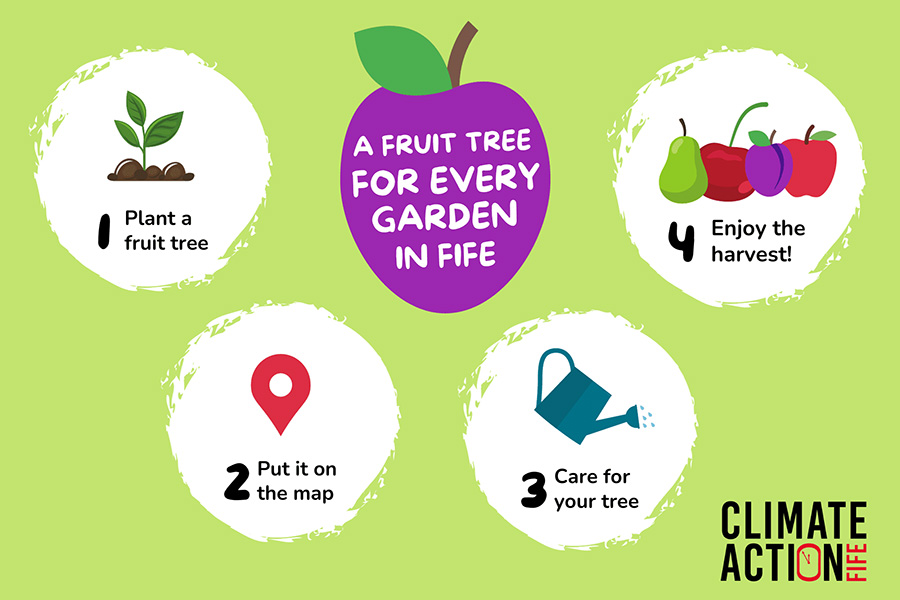Some cookies used are essential to providing a service, while others help us improve your experience and provide us with insights into how the site is being used.
For more detailed information about the cookies we use, see our Cookies page.
Necessary cookies enable core functionality such as security, network management, and accessibility. You may disable these by changing your browser settings, but this may affect how the website functions.
We'd like to set Google Analytics cookies to help us to improve our website by collecting and reporting information on how you use it. The cookies collect information in a way that does not directly identify anyone. For more information on how these cookies work, please see our 'Cookies page'.
We'd like to allow Social Media cookies to provide a richer experience. These cookies will allow us the ability to list Fife Council tweets and Facebook posts, Google maps, audio clips & Videos on some of our pages. Our videos use Youtube's privacy-enhanced mode.
These cookies allow us to show relevant adverts to the content you are viewing. They also provide the ability to deliver targeted online advertising across other platforms like Facebook, Google, Instagram and the Quantcast network.
In 2024/2025, the University of St Andrews took big steps to tackle the climate emergency. They didn’t just talk about sustainability, they made it part of everything they do, from buildings and research to community projects and education.
One of the biggest changes was the installation of rooftop solar panels on 38 university buildings. This move alone is expected to save around 200 tonnes of CO₂ every year. It’s a big win for the University’s goal of hitting net-zero by 2035, and it also supports local jobs through the design and upkeep of the solar systems. These panels build on other green energy projects already happening at Eden Campus, like biomass heating and solar-powered labs.
The University also launched a long-term partnership with Corrour Estate to restore peatlands and native woodlands. This 100-year project will help lock away carbon, boost wildlife, and give students and researchers a real-world space to learn and test new ideas.
In October 2024, Sustainability Week brought together students, staff, and local residents for a packed programme of events, from AI and climate talks to circular fashion workshops. It was all about making sustainability something everyone can get involved in.
The University also supported local food and growing projects. Through the “Fruit Tree for Every Garden” scheme, households across Fife received Scottish heritage apple, pear, and plum trees. It’s a simple idea that encourages local food, supports biodiversity, and helps people connect with nature.
And through its partnership with Transition St Andrews, the University worked with local schools on tree planting, food waste workshops, and sustainable fashion sessions, helping young people build climate awareness and practical skills from the ground up.
All of this supports the Plan for Fife’s goal of cutting carbon emissions and building thriving, climate-friendly communities. The University’s next Sustainability Report, due out later in 2025, will show just how far they’ve come.
